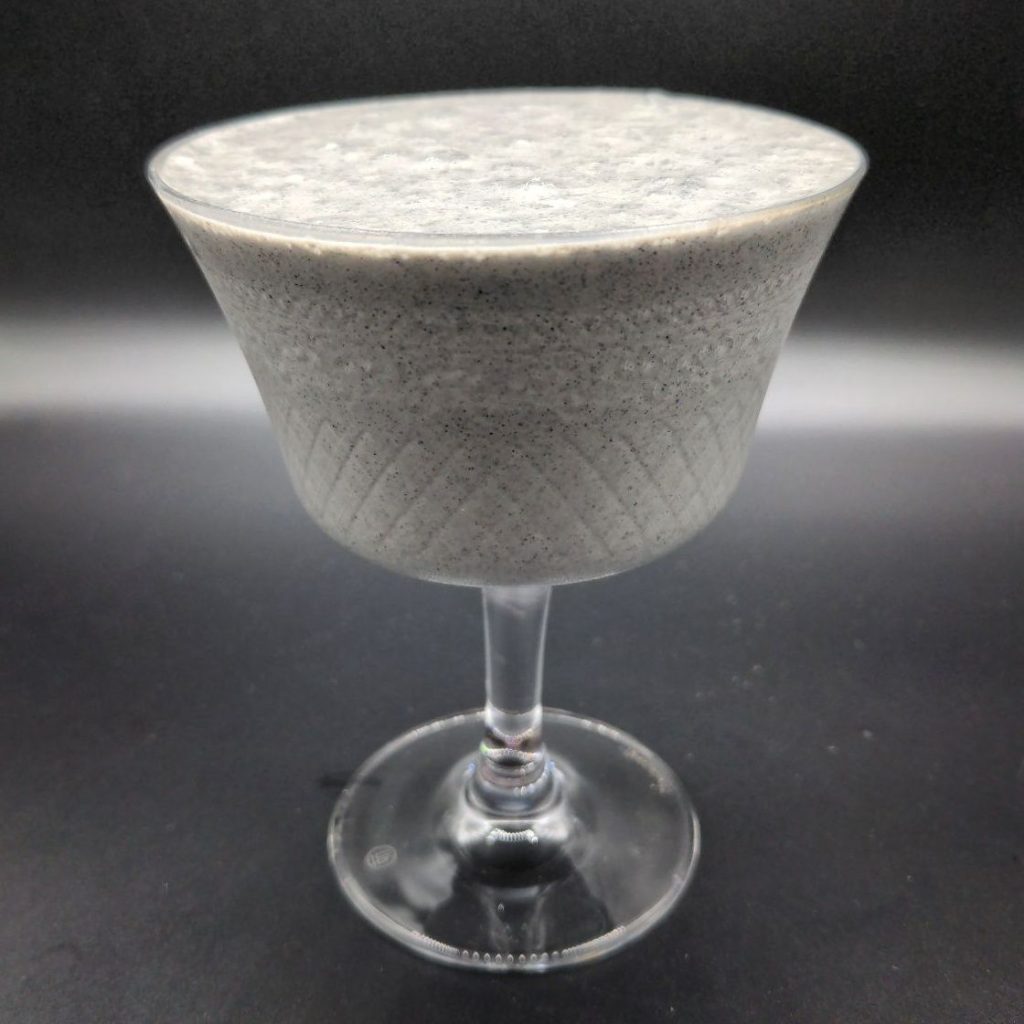
(cw: talk about death [specifically mine, theoretically])
As of today I have (officially) stayed alive with Type 1 diabetes for ten years1. I’ve done a little bit of reading on the history of Type 1 treatment, one of the first acute conditions turned chronic through medical intervention (thank you, Drs. Banting, Macleod, and Best). The longer I live, the more “I would have died by now” milestones I pass, and the more I am reminded of how grateful I am for advances in diabetes treatment. I have passed the “I would have lived this long on a starvation diet” milestone. In a few years, I’ll probably make it past the “lethal atherosclerosis” line, then the “renal failure” line, assuming I retain access to current diabetes and other medical technology2. I’ll probably also mostly avoid the non-lethal sequelae, the blindness and the amputations and the peripheral neuropathies. Apparently in a few years I’ll need to start taking statins even if my cholesterol is good, because diabetes often brings vascular complications. As good as diabetes technology is, I am, fundamentally, manually running one of the primary metabolic loops in the human body. It’s decidedly imperfect even when running at top performance.
I don’t recommend having “I could have died” experiences for anyone, but it does mean that I am aware of and grateful for being alive and (approximately) healthy basically every single day. It also means I’m aware of exactly how conditional “health” is. I don’t have a family history of Type 1—I’m the first one we know of as far back as family memory goes—which means my diagnosis was something I couldn’t even have mentally prepared for. Intellectually I knew that disability is something that could come into my life at any time for any reason, but now I know it viscerally.
My wife wrote a really good post about COVID denialism and the belief that disability is something that happens to Other People. I have lived for the past 4.5 years of this pandemic knowing not only that I am more vulnerable to negative consequences of COVID due to diabetes, but that I could easily get even more disabilities as a result of infection. I was already disabled, but I am multiply disabled now by society’s failure to grapple with the reality of this disease. If I could have one wish from getting diabetes, it would be for everyone around me to recognize that their health is also conditional and to behave accordingly.
I know this post feels like kind of a bummer, but I am genuinely grateful to be alive and experiencing the world and everything it has to offer, even the bad stuff3. It is a gift to be here and talking to all of you. After all, there’s new frogs and sea slugs and cool music to listen to.
Liz’s Delicious Sludge Cocktail
- 1.5 oz Duncan Taylor blended Scotch
- 0.5 oz creme de cacao
- 1 barspoon amaretto
- 4 dashes absinthe bitters
- splash of oat milk
- 1 cup black sesame ice cream
I try to have at least one treat I “shouldn’t” have on each diagnosis anniversary as a celebration of the fact that I can. This year I asked my wife for a black sesame ice cream cocktail, which I knew full well would look like a glass full of concrete. But hey, it’s delicious concrete.
- I was definitely diagnosable at least two months earlier, but I was determined that my life wasn’t going to be permanently upended by getting Type 1 when I turned 25. Turns out it doesn’t really work like that, but I gave it a good try. ↩︎
- Highly recommend the book Bittersweet: Diabetes, Insulin, and the Transformation of Illness by Chris Feudtner (link). I am still reading it something like 7 years after purchase because it turns out it’s stressful to read a book all about how I probably would have died at various points through the 20th Century. ↩︎
- boy oh boy is there plenty to choose from ↩︎